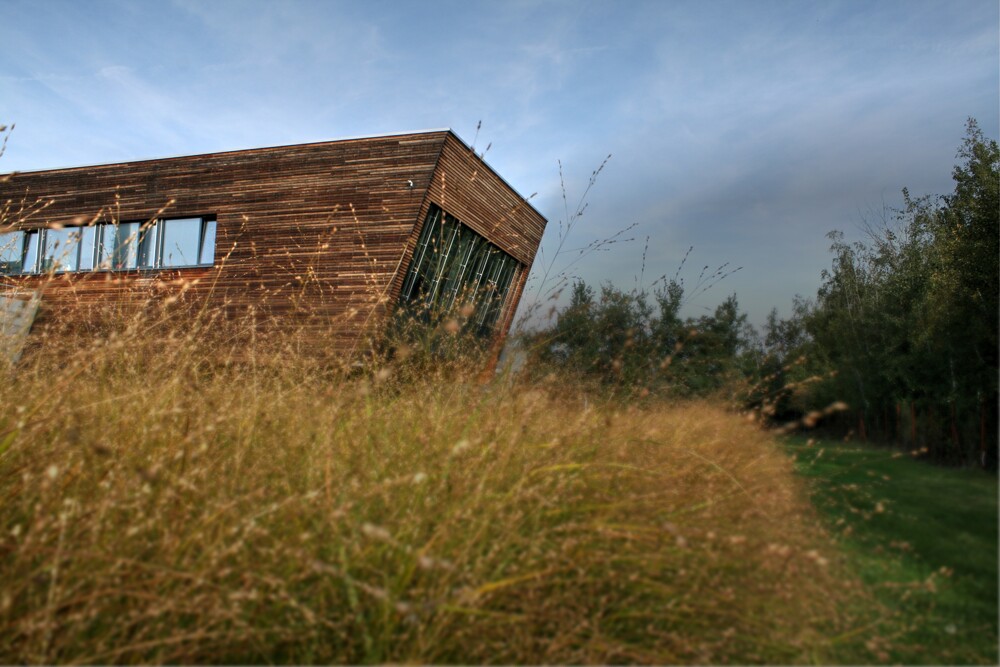
We offer analyzes in the field of thermal energy supply systems for groups of buildings, typically city districts or municipalities.
We typically solve the following tasks for our clients:
In case of special requests or other questions, do not hesitate to contact us.